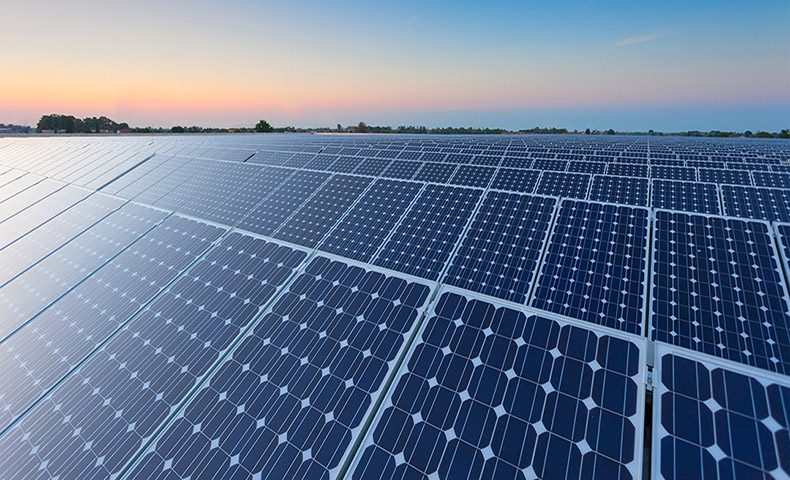The main difference between IBC (Interdigitated Back Contact) solar cells and ordinary solar cells lies in their design and performance characteristics.
- Cell Design: IBC solar cells feature a different cell architecture compared to conventional solar cells. In IBC cells, the contacts are located on the rear side of the cell, allowing for a more efficient use of the cell’s surface area for light absorption. This design minimizes shading and enhances the cell’s overall efficiency.
- Efficiency: IBC solar cells generally offer higher efficiency compared to standard solar cells. The interdigitated back contact design reduces the shading effect, leading to improved light absorption and a reduction in recombination losses, thereby enhancing the overall conversion efficiency of the cell.
- Power Output: Due to their enhanced efficiency, IBC solar cells can produce more power for a given surface area compared to ordinary solar cells. This characteristic makes them suitable for applications where maximizing power output within a limited space is crucial, such as in residential or commercial rooftop installations.
- Cost and Complexity: The manufacturing process for IBC solar cells can be more complex compared to that of standard solar cells. This complexity can lead to higher production costs, which may affect the overall cost-effectiveness of IBC cells compared to conventional options.
- Temperature Coefficient: IBC solar cells typically have a lower temperature coefficient compared to ordinary solar cells. This means that they experience a smaller decrease in efficiency as the temperature rises, making them more suitable for regions with high ambient temperatures.
While IBC solar cells offer several advantages in terms of efficiency and power output, their higher manufacturing costs and complexity may make them less economically feasible for certain applications. It is important to consider the specific requirements of a solar project, as well as the budget and available space, when choosing between IBC and ordinary solar cells.


